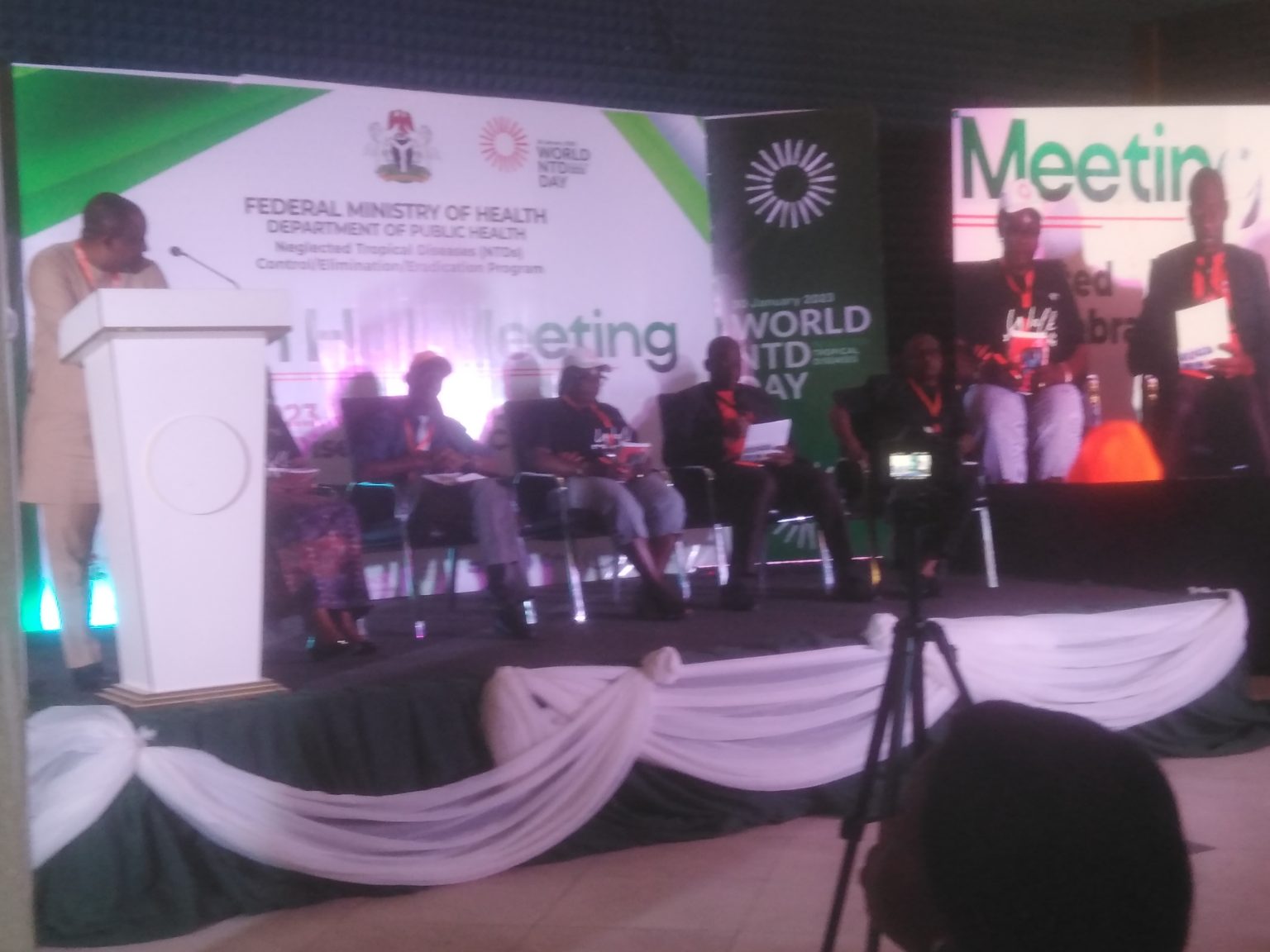
About 165 million Nigerians representing 84% of the entire Nigerian population currently need treatment for one or more types of Neglected Tropical Diseases (NTDs).
According to Nigeria NTDs Economic Impact study which was commissioned by the END Fund and conducted by Deloitte Nigeria, the Nigerian economy stands to reap USD 18.9 billion from its citizens and increased productivity if NTD elimination is achieved by 2030.
Speaking with journalists at the 2023 World Neglected Tropical Diseases(NTDs) Day Town Hall Meeting, yesterday in Abuja, the END Fund, Senior Director of Public Affairs for Africa, Oyetola Oduyemi observed the outbreak of Covid-19 in 2020 brought about some disruptions and significant setback to the fight against NTDs in the country.
Oduyemi explained that the treatments that should have been delivered to the people were disrupted by the outbreak of the pandemic.
She explained that the number of Nigerians that rein the year 2020, was about 120 million but with the growth in population coupled with the inability to sustain treatments during the early stage of Covid-19, the number increased to 165 million.
According to her, “It was just a free for all and as a result, there was a significant increase in the number of people and that is why at present over 165 million Nigerians in need of treatment for one or more of these diseases,”.
Need to mobilize domestic funding, galvanize the private sector and drive partnerships to ensure that the 2030 NTDs Roadmap aimed at eliminating the NTDs is achieved.
Also speaking, National Coordinator of Neglected Tropical Diseases (NTDs) Elimination Programme Dr Nse Akpan explained that NTDs diseases are common among low-income earners and those that are living in a poor housing environment.
He said: “People were not given much attention to these diseases because they were believing that most times based on their traditional practices, it is not treatable because they believe it was caused by witchcraft”.
On her part, the Abuja Liason Officer of The Carter Centre, Sarah Pantuvo said that the organization has been working with the Federal Ministry of Health since 1998 adding that the partnership has helped the country in the eradicating guinea worm since 2013
She noted that funding is a major challenge Impeding the elimination of NTDs adding that some people in the community sometimes rejected the drugs given to them for the treatment of NTDs.
Pantuvostresses the need to create more awareness about NTDs, especially at the community level and ensure that no one is left behind.
She said, “We all need to work together. Both at the community, federal and local government levels. Not only working together we need to invest put in resources and funds and also help to educate the populace. Nigeria doesn’t really have to depend on donor funders. The federal government also has to do a lot towards it. You can’t leave your programme for other people to implement for you as much as they tell. You also have to have a commitment of resources through counterpart funding to execute development projects in the country”.



